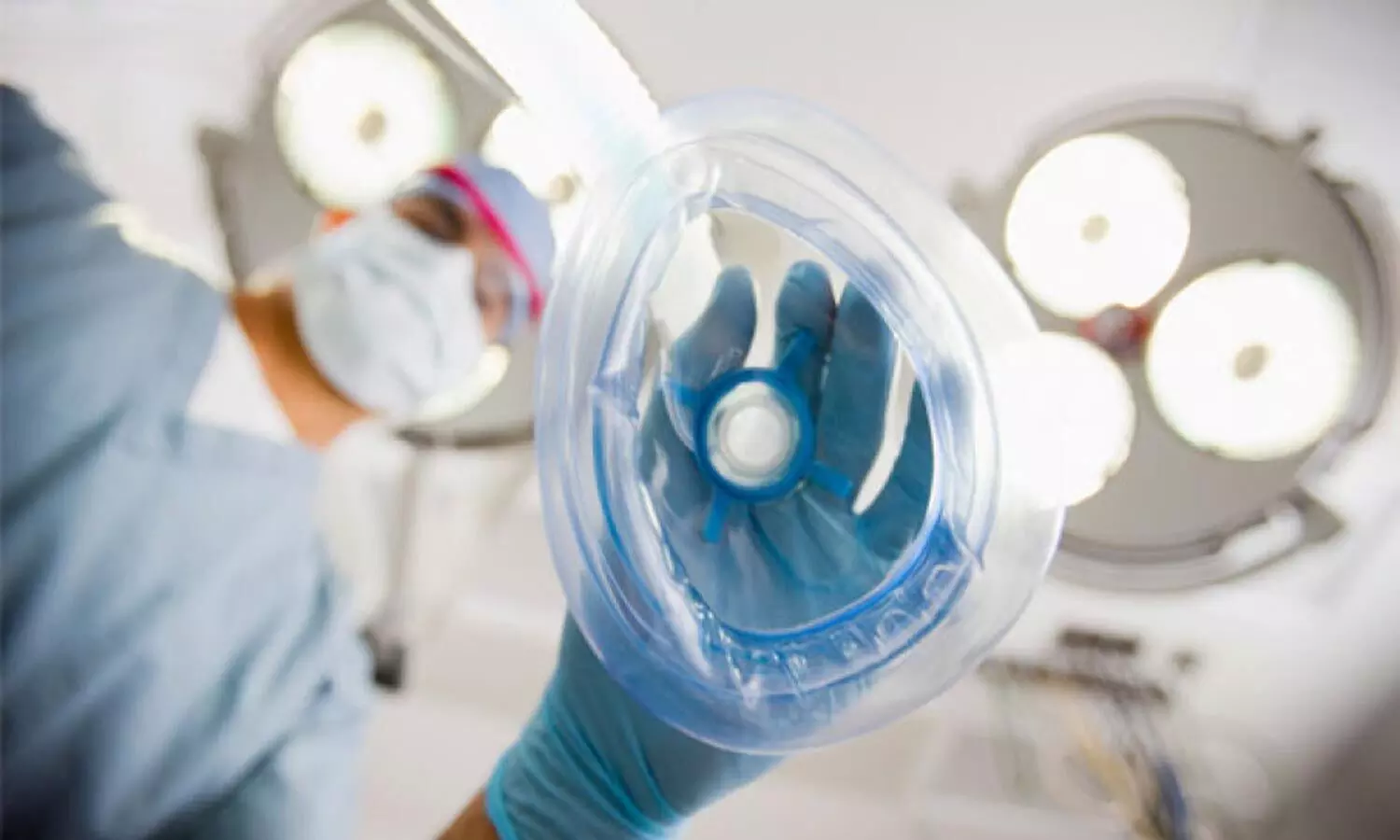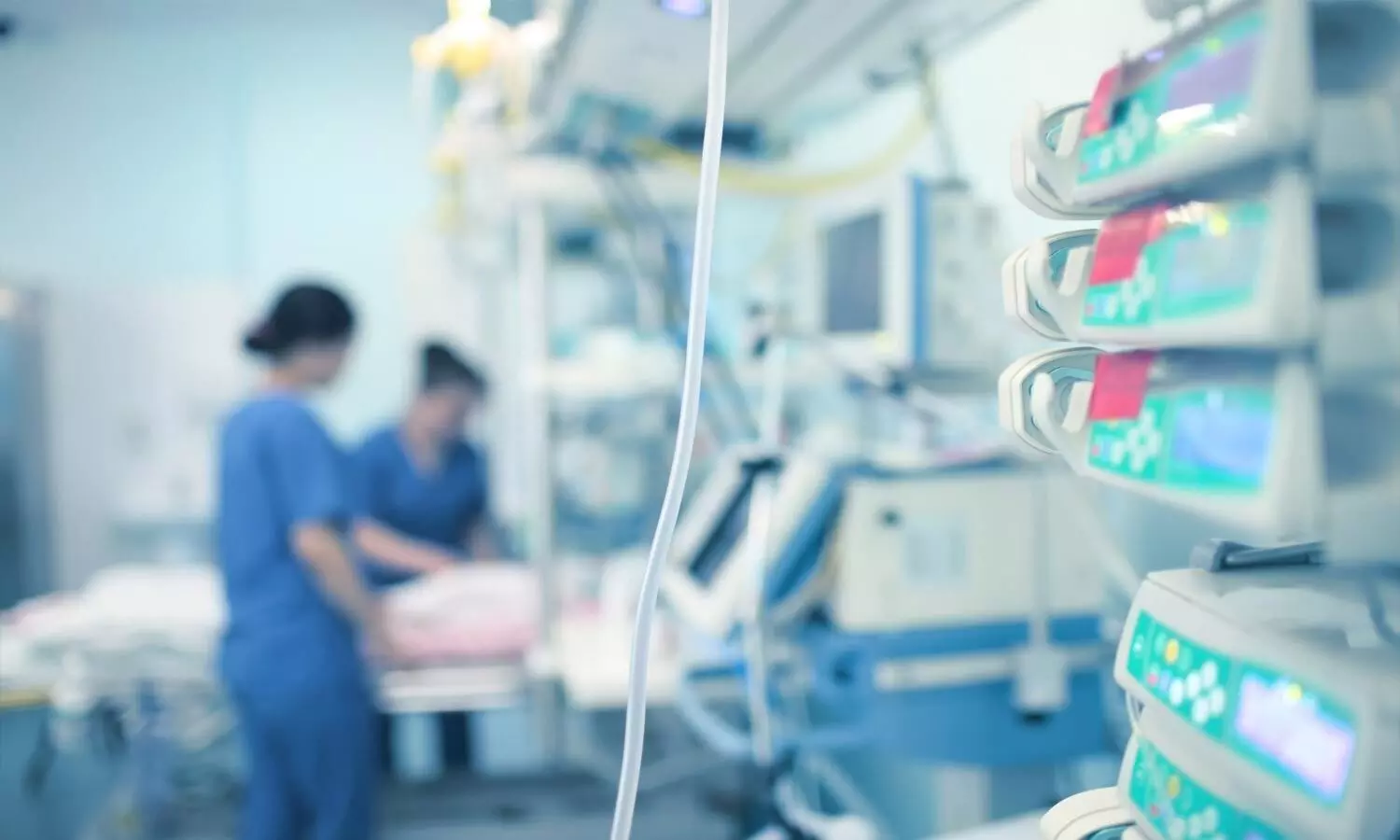- Home
- Medical news & Guidelines
- Anesthesiology
- Cardiology and CTVS
- Critical Care
- Dentistry
- Dermatology
- Diabetes and Endocrinology
- ENT
- Gastroenterology
- Medicine
- Nephrology
- Neurology
- Obstretics-Gynaecology
- Oncology
- Ophthalmology
- Orthopaedics
- Pediatrics-Neonatology
- Psychiatry
- Pulmonology
- Radiology
- Surgery
- Urology
- Laboratory Medicine
- Diet
- Nursing
- Paramedical
- Physiotherapy
- Health news
- Fact Check
- Bone Health Fact Check
- Brain Health Fact Check
- Cancer Related Fact Check
- Child Care Fact Check
- Dental and oral health fact check
- Diabetes and metabolic health fact check
- Diet and Nutrition Fact Check
- Eye and ENT Care Fact Check
- Fitness fact check
- Gut health fact check
- Heart health fact check
- Kidney health fact check
- Medical education fact check
- Men's health fact check
- Respiratory fact check
- Skin and hair care fact check
- Vaccine and Immunization fact check
- Women's health fact check
- AYUSH
- State News
- Andaman and Nicobar Islands
- Andhra Pradesh
- Arunachal Pradesh
- Assam
- Bihar
- Chandigarh
- Chattisgarh
- Dadra and Nagar Haveli
- Daman and Diu
- Delhi
- Goa
- Gujarat
- Haryana
- Himachal Pradesh
- Jammu & Kashmir
- Jharkhand
- Karnataka
- Kerala
- Ladakh
- Lakshadweep
- Madhya Pradesh
- Maharashtra
- Manipur
- Meghalaya
- Mizoram
- Nagaland
- Odisha
- Puducherry
- Punjab
- Rajasthan
- Sikkim
- Tamil Nadu
- Telangana
- Tripura
- Uttar Pradesh
- Uttrakhand
- West Bengal
- Medical Education
- Industry
Light anesthesia reduces risk of postoperative delirium in major surgery: Study

Australia: Light anesthesia reduces the risk of postoperative cognitive impairment and delirium among patients undergoing major surgery, a recent study has found. The study is published in the British Journal of Anaesthesia.
Postoperative delirium (POD), a serious complication of surgery, is associated with long-term cognitive decline, prolonged hospitalization, and mortality. Lisbeth A. Evered, Department of Critical Care Medicine, University of Melbourne, Melbourne, VIC, Australia, and the team aimed to determine whether targeting bispectral index (BIS) readings of 50 (light anesthesia) was associated with a lower incidence of POD than targeting BIS readings of 35 (deep anesthesia) in a multicentre randomized clinical trial.
The trial included 655 at-risk patients undergoing major surgery from eight centers in three countries. Delirium was assessed for 5 days postoperatively using the 3 min confusion assessment method (3D-CAM) or CAM-ICU. They also assessed cognitive screening using the Mini-Mental State Examination at baseline and discharge and the Abbreviated Mental Test score (AMTS) at 30 days and 1 yr.
The primary outcome was the presence of postoperative delirium on any of the first 5 postoperative days.
Based on the study, the researchers found the following:
- The incidence of postoperative delirium in the BIS 50 group was 19% and in the BIS 35 group was 28% (odds ratio 0.58).
- At 1 yr, those in the BIS 50 group demonstrated significantly better cognitive function than those in the BIS 35 group (9% with AMTS ≤6 vs 20%).
"Our results indicate that among patients undergoing major surgery, targeting light anesthesia reduced the risk of postoperative delirium and cognitive impairment at 1 yr," wrote the authors.
Reference:
The study titled, "Anaesthetic depth and delirium after major surgery: a randomised clinical trial," is published in the British Journal of Anaesthesia.
DOI: https://www.bjanaesthesia.org/article/S0007-0912(21)00493-1/fulltext
Dr Kamal Kant Kohli-MBBS, DTCD- a chest specialist with more than 30 years of practice and a flair for writing clinical articles, Dr Kamal Kant Kohli joined Medical Dialogues as a Chief Editor of Medical News. Besides writing articles, as an editor, he proofreads and verifies all the medical content published on Medical Dialogues including those coming from journals, studies,medical conferences,guidelines etc. Email: drkohli@medicaldialogues.in. Contact no. 011-43720751




